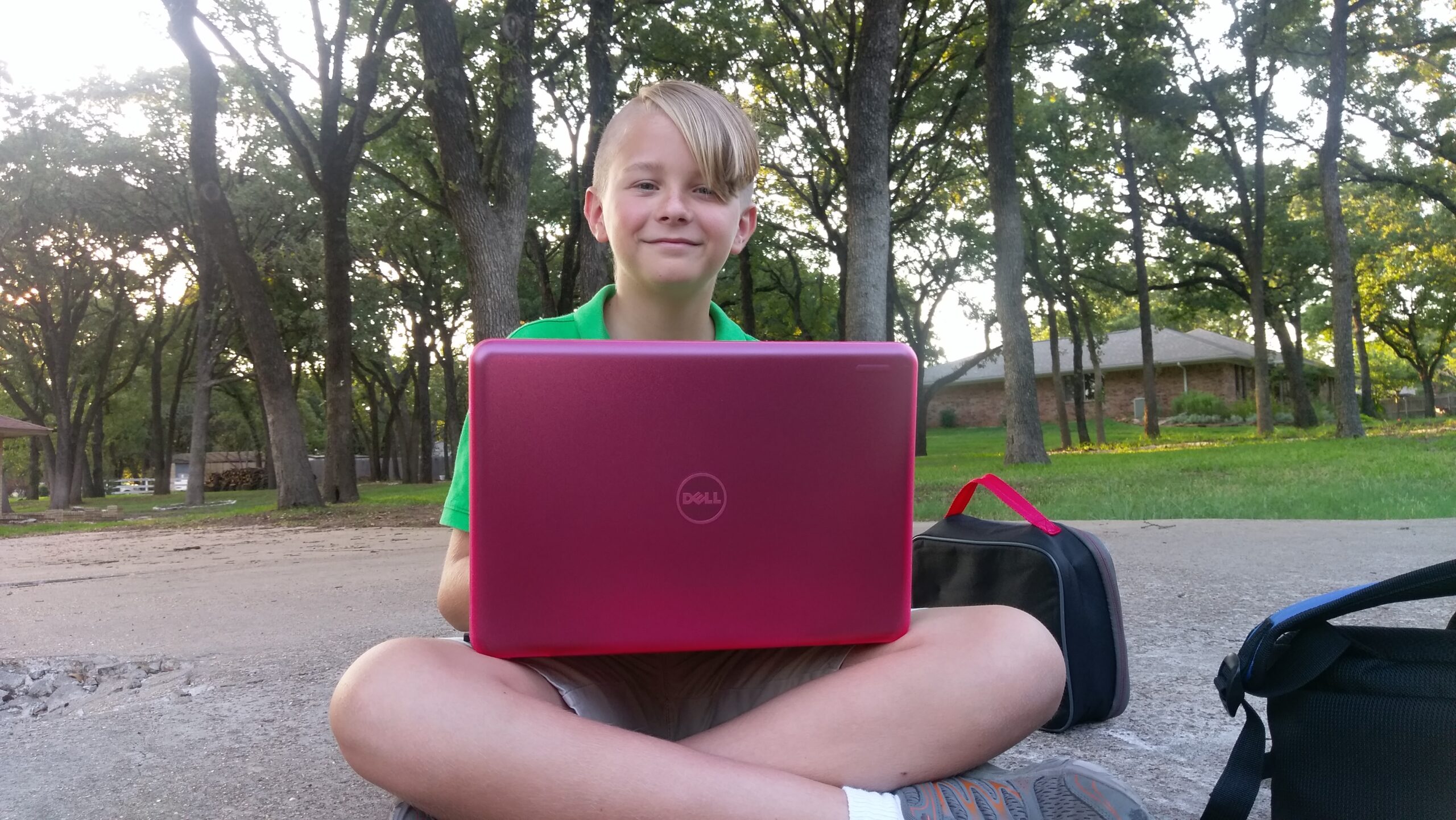We are afraid to tell anyone.
We are afraid to talk about the details.
We are afraid of being blamed.
We are afraid.
Women have had horrendous things implied about them, said to them and done to them. Many of these actions were abusive and illegal. Yet, millions of women around the globe have been afraid to speak. Too afraid to tell the truth. Worried that their words would not be taken seriously. Silenced by the power their abuser could wield in, and against, their lives.
In 2016, the discussion of sexual conduct as it relates to power was wildly debated. How far was too far? What words should be taken seriously and which should be swept under the “it was a joke” rug? In 2017, the dialogue has taken a dramatic shift and women are finding their voices. We are also finding support from one another.
With the radical explosion of the abuse disclosure hashtag #MeToo and its honor of being named Person of the Year 2017, women are speaking up in masses. It’s an incredible shift in our culture to witness.
The powerful message of the #MeToo movement centers around women telling the truth about their experiences with sexual harassment, abuse and assault. Why is it not the norm for women to feel safe enough to tell their stories? Why have so many of us been silenced? Why are we so afraid?
As a therapist and advocate for survivors of abuse, I believe we get pushed back into the darkness and are silenced by a few key concerns.
Only “Crazy Girls” Speak Up
We’ve all witnessed a famous woman speak up about her negative life experiences and do it in a manner that makes us uncomfortable. We can’t see ourselves following in her footsteps, thus making many women subconsciously believe that only fiery, aggressive and foul-mouthed women publicly share their stories of abuse. We might see these boisterous advocates and feel their message is too messy and raw to relate to. They make us uneasy in their brash approach to speaking up, so we stay silent to avoid becoming one of “them”.
The “Nice Girl” Mindset
Nice girls don’t create chaos. We make lemonade out of lemons. We take our life circumstances as they come and faithfully believe that they are somehow helping us become better. Nice girls don’t turn in their boss for sexual harassment, or go to the local police when their pastor has sexually assaulted them. Nice girls clean themselves up and go on with their lives as if nothing terrible happened. Nice girls don’t make anyone else uncomfortable with their story of being raped and instead, hide the pain. Speaking up about abuse requires nice girls to go against what we’ve been taught since childhood – be nice to everyone and don’t complain about the way others are treating you. Nice girls don’t speak up.
Fear of a Smear Campaign
Another reason we are so afraid to join the #MeToo movement is the chance that our abuser will orchestrate a calculated smear campaign against us and our allegations. What is a smear campaign? It’s when the abuser and supporters go after the “silence breaker”, as TIME magazine referred to the women of the #MeToo hashtag. Victims worry that becoming a silence breaker will open the door to people attempting to discrediting their character, blaming them for the abuse and causing enough embarrassment that she retreats from her disclosure to the safety of not discussing the abuse again.
The Risks Outweigh the Benefits
Victims of abuse must weigh the risks and benefits when considering disclosure of abuse and too often, the risks seem to far outweigh the benefits. I believe all victims of abuse want to share their stories with at least one other person. Many want to scream what was done to them from the rooftops so the whole world will know exactly who the abuser is behind their public façade. What makes women stay silent and go about their daily lives as if nothing has happened? They feel they have lost enough already and can’t risk losing more at the hands of the abuser or their followers.
Culture of Bystander Apathy
For more survivors of abuse to step out of the shadows and speak up, we must culturally address the phenomenon known as “The Bystander Effect”. This occurs when bystanders or witnesses to harm being done, do nothing. It is a well-researched concept that first came to light with the violent and public death of Kitty Genovese in 1964. In a nutshell, people saw a young woman being attacked and did nothing to help her. This effect or apathy happens in families, among peers, in the workplace and in places of worship. The hashtag #ChurchToo has immerged as a place for victims of sexual misconduct within the church to speak up because apathy to abuse within religious communities is at an all-time high. The Bystander Effect and looking the other way has caused women to be too afraid to speak up. How much support will she receive if she comes forward?
When we can fully identify why we are afraid to speak up about our experiences of abuse, we are better prepared to make backup plans for possible negative outcomes. For example, we can speak up in a way that maintains our sense of personal dignity and doesn’t make us feel like we have become too brash in our approach. We can learn that nice girls have a right to set boundaries and have their abuser held accountable for their actions. We can surround ourselves with supportive people so any smear campaign that does occur doesn’t reach our ears. We can put key aspects of our lives out of reach of the abuser to limit the risks of our disclosure. We can build a network of supportive people who will not fall into apathy but will walk with us through the process of disclosure and healing.
Speaking up about abuse is never going to be easy. Many internal fears must be faced. The power of disclosure is that the more women who speak up, the better chance we have to take back power that was stolen by an abuser. We are stronger together and our #MeToo moments have proven this to be true.
Keep dreaming big!














Well said, Shannon! Thank you for being an advocate.
Thanks Michele!